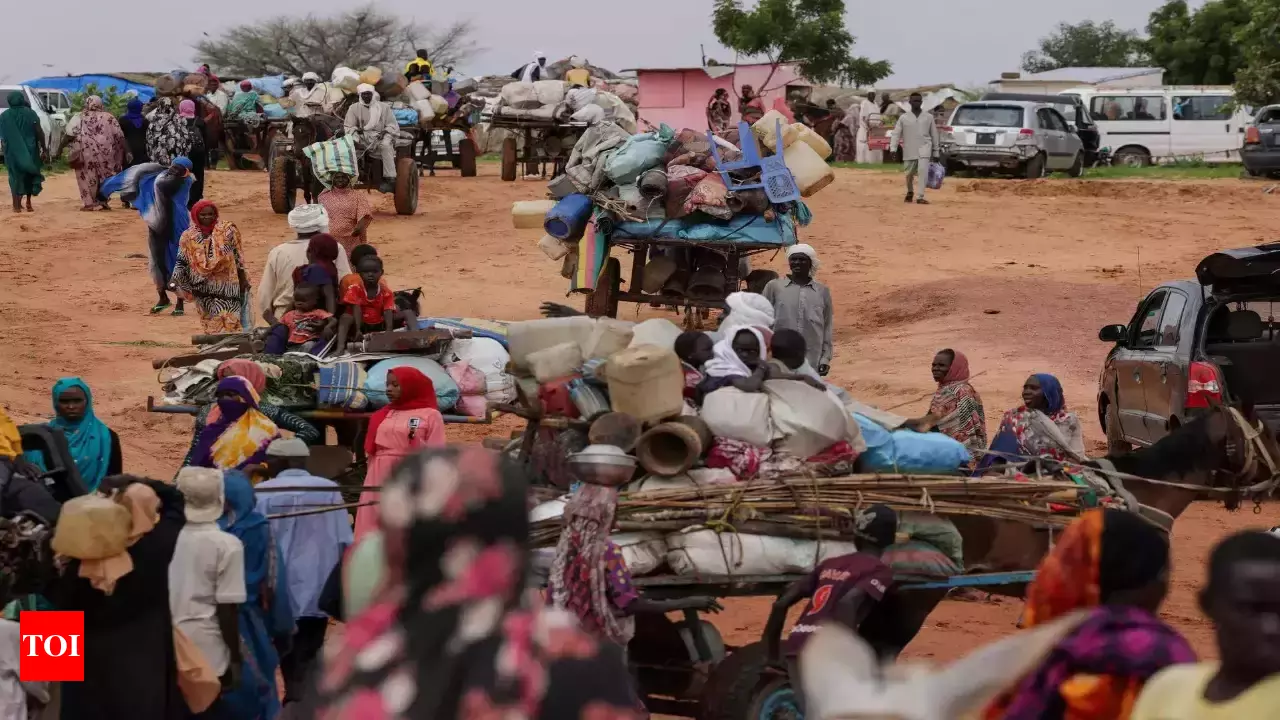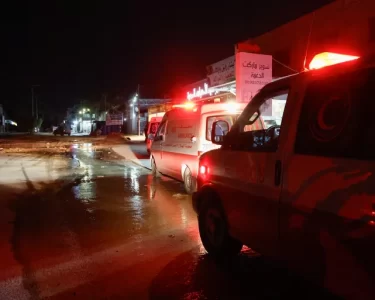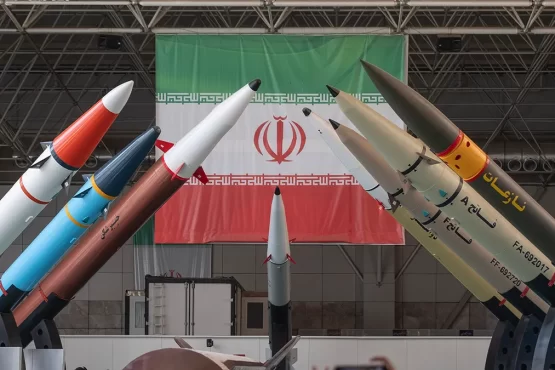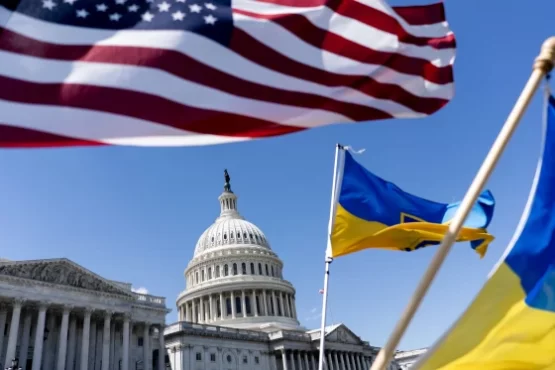Washington, D.C. – The U.S. ambassador to the United Nations announced nearly $203 million in additional humanitarian assistance to Sudan on Thursday. This move comes amidst warnings that the money alone is not a “panacea” and calls for other countries to fulfill their financial pledges to address what has been termed the “world’s worst humanitarian crisis.”

During a donors conference in Paris in April, world leaders pledged more than $2.1 billion in humanitarian aid for Sudan. However, U.S. envoy Linda Thomas-Greenfield highlighted that only about a quarter of the promised funds have been received three months later.
The northeastern African country descended into chaos in April 2023 when simmering tensions between the country’s military and a notorious paramilitary group, the Rapid Support Forces (RSF), erupted into open fighting in the capital of Khartoum.
This devastating conflict has primarily affected western Darfur and has resulted in more than 14,000 deaths and wounded over 33,000 individuals, according to the United Nations. The conflict has also triggered the world’s largest displacement crisis, with over 11 million people forced to flee their homes.
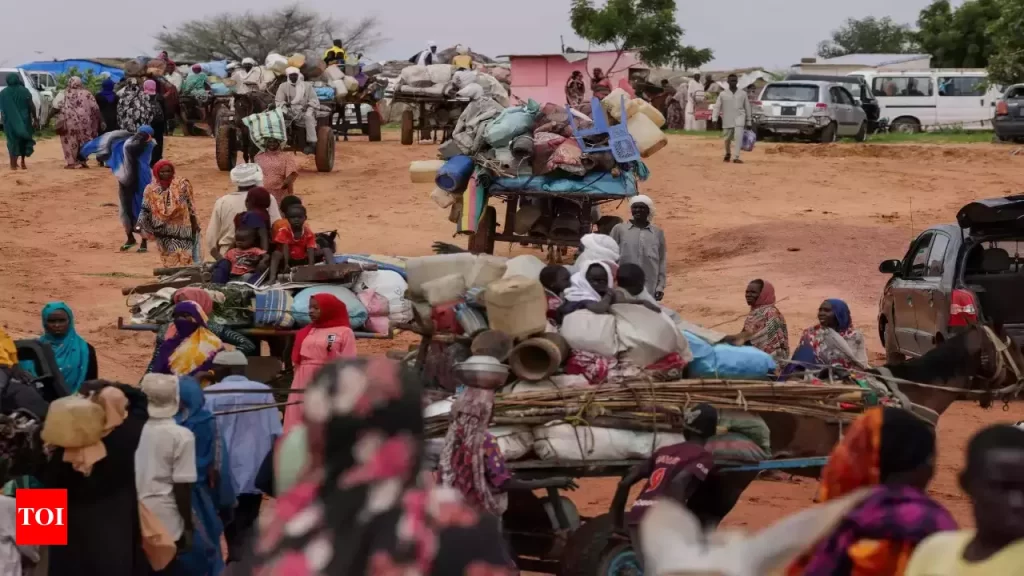
Thomas-Greenfield stated that Thursday’s contribution increases total U.S. humanitarian assistance to Sudan to $1.6 billion since September 2023, making the United States Sudan’s largest single donor. “We hope this new round of aid serves as a catalyst for other nations to follow,” she said.
The ambassador detailed that the additional $203 million will be allocated towards food supplies, emergency medical and health services, and cash assistance to refugees to help them pay their rents. The funds will also support neighboring countries where over 2 million Sudanese refugees have fled, seeking asylum.
In her address to the U.N., Thomas-Greenfield briefed U.N. diplomats on the severity of the crisis in Sudan, where a record 25 million people face acute food insecurity and an anticipated 275,000 people face famine in the coming months, according to the latest data from the U.N. global network on monitoring risk of famine.
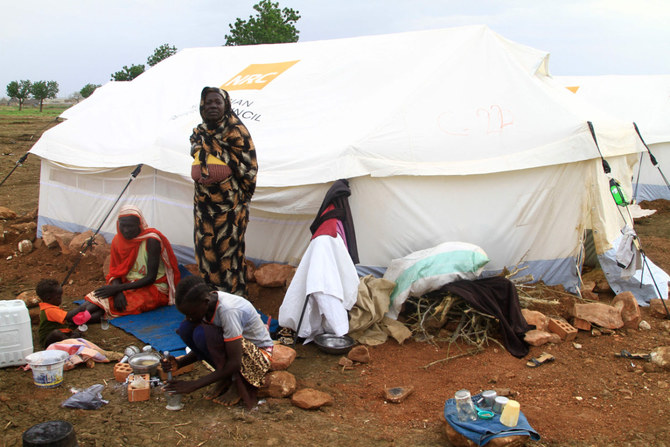
Thomas-Greenfield’s remarks underscored the dire situation: “The international community must step up and respond to this unprecedented humanitarian disaster. The scale of human suffering in Sudan is immense, and immediate, coordinated action is crucial to prevent further loss of life and alleviate the suffering of millions.”
The U.S. continues to play a leading role in humanitarian efforts, but officials emphasize that a collective global response is necessary to address the crisis effectively. The urgency of the situation demands that other nations fulfill their financial commitments and provide the necessary resources to support Sudan and its displaced population.

